3 September 2024

On Friday 4 October 2024 at 18:00 CEST, the Royal Netherlands Academy of Arts and Sciences (KNAW) in Amsterdam will host the 2024 Kafatos Lecture, delivered by renowned scientist Hans Clevers.
EMBL ANNOUNCEMENTS
15 May 2023
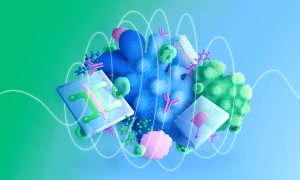
EMBL Barcelona researchers are studying how tissues develop in health and disease using organoids and 3D multicellular systems to mimic human organs and their functions.
EMBLetc
20 October 2022
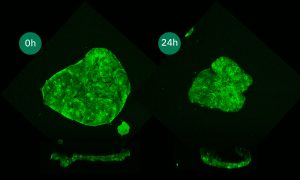
EMBL Barcelona researchers have developed a tool that can use light to control the shape of cells .
6 May 2022
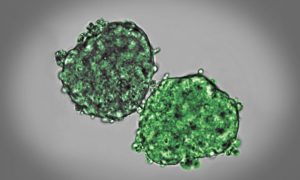
EMBL researchers revise the old problem of sintering droplets to understand the mechanical properties of tissues.
SCIENCE & TECHNOLOGY
2022
sciencescience-technology
10 January 2022

Kristina Haase, Group Leader at EMBL Barcelona, will receive €1.5 million over the next five years to develop her project on 3D vascularised in vitro cardiac tissues.
EMBL ANNOUNCEMENTSLAB MATTERS
2022
embl-announcementslab-matters
12 October 2021
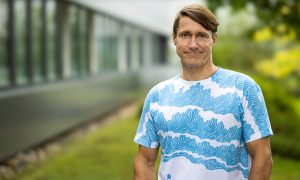
If researchers can identify specifically when good cells go bad, they can potentially understand disease better.
SCIENCE & TECHNOLOGY
2021
sciencescience-technology
20 September 2021
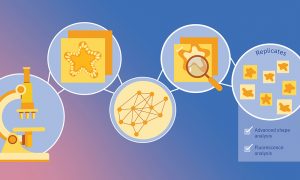
MOrgAna is an open source, user-friendly, modular software that is able to analyse organoids with machine learning.
SCIENCE & TECHNOLOGY
2021
sciencescience-technology
27 April 2021
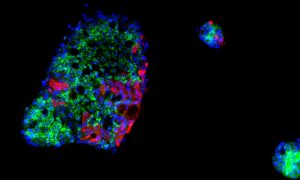
EMBL scientists, together with collaborators from Heidelberg University, have provided further evidence of the gut’s role in COVID-19.
SCIENCE & TECHNOLOGY
2021
sciencescience-technology
7 December 2020
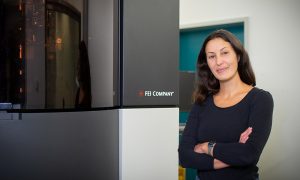
While cryo-electron tomography (cryo-ET) was first envisioned in 1968, the advances the Mahamid group are bringing to this 3D method for studying molecules directly inside cells are new, and are likely to greatly expand its use.
SCIENCE & TECHNOLOGY
2020
sciencescience-technology
2 September 2020
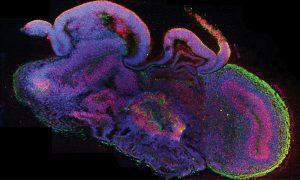
EMBL-EBI is one of the eight European institutes involved in the Humanoid Cell Atlas initiative, a new open-access platform that combines single-cell profiling and organoid technology
EMBL ANNOUNCEMENTSLAB MATTERS
2020
embl-announcementslab-matters
21 July 2020
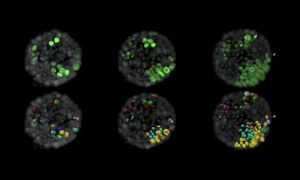
EMBL scientists have created a new, realistic 3D testbed that could help achieve the goal of stopping cancers before they start by studying cancer cells as they first form.
SCIENCE & TECHNOLOGY
2020
sciencescience-technology
16 June 2020
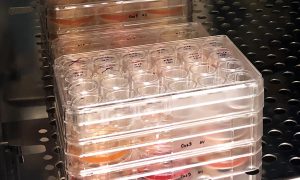
Scientists at EMBL and Heidelberg University Hospital are studying how the novel coronavirus behaves in the gut to try to better understand its epidemiology and prevent its spread. To do this, they are combining advanced imaging and sequencing technologies to study coronavirus in human intestinal…
SCIENCE & TECHNOLOGY
2020
sciencescience-technology
31 December 2019
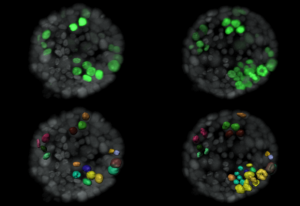
Breast cancer is the second leading cause of cancer-related deaths in women. It is so deadly because tumours often return after successful cancer treatment. This recurrence is caused by individual dormant cancer cells remaining inside the breast. These cells can develop into active cancer cells…
SCIENCE & TECHNOLOGY
2019
picture-of-the-weekscience-technology












